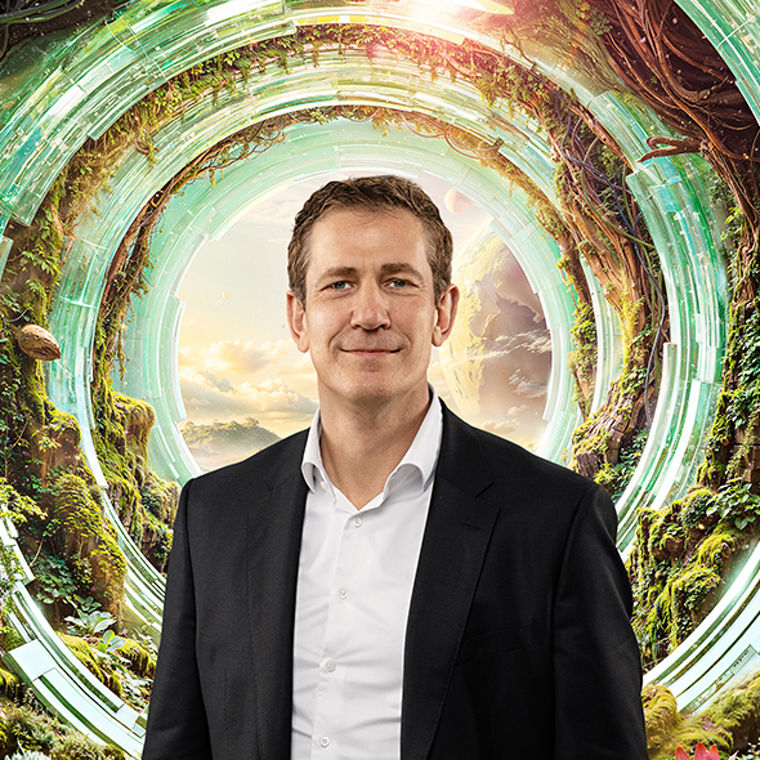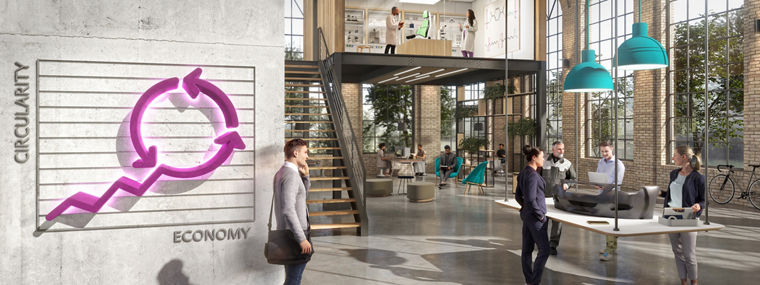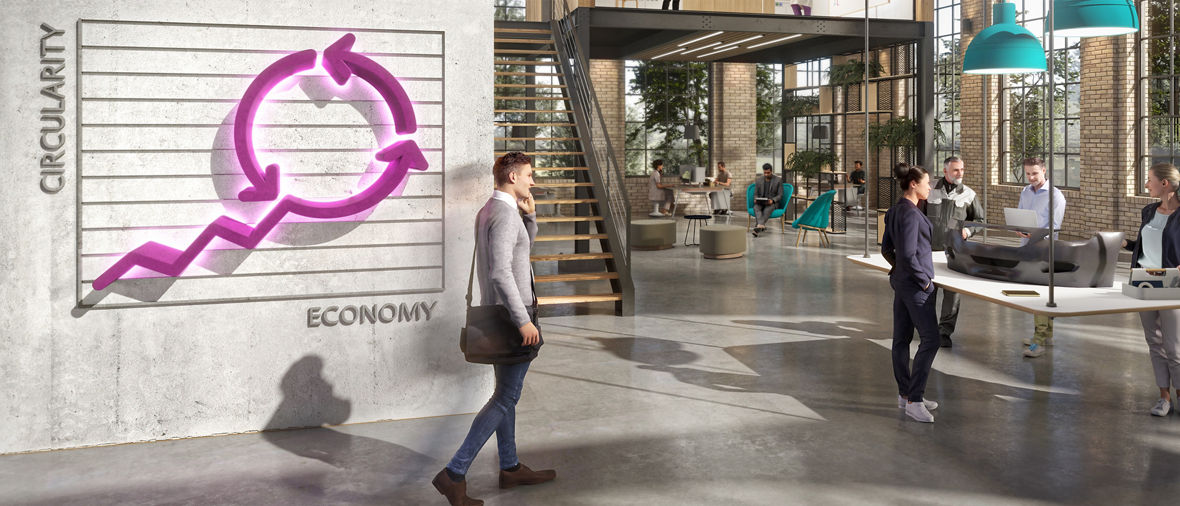Enabling industry transformation: Evonik's commitment to a circular economy
Evonik's Circular Economy Program is a strategic initiative that aims to revolutionize the entire industry towards circularity, leveraging the company's expertise in specialty chemicals. The program focuses on transforming customer manufacturing processes to be more efficient and enhancing quality through "Design for Circularity" principles. Collaboration is emphasized as a key element, highlighting the importance of building ecosystems with partners to develop sustainable value chains.
Pioneering circular economy expertise

Evonik's path to sustainable growth
Evonik is deeply committed to advancing the circular economy, setting ambitious goals to drive sustainable growth. By 2030, Evonik aims to generate an additional 1 billion euros in annual revenue through circular products and technologies, highlighting the sector as a powerful growth driver for the company. The company's strategy includes increasing activities with additives and specialties for the circular economy while enhancing the use of defossilized raw materials derived from recycled content, biomass, and CO₂.
Evonik is not only focused on improving production efficiency and the quality of customer manufacturing processes through its Circular Economy Program, but it is also fostering strong partnerships to build functioning loops along value chains. Collaboration is central to Evonik's approach to promote circular solutions and innovations across sectors.
Circular Packaging Solutions
How Evonik supports your transformation towards a circular value chain
As a branded-goods manufacturer, you strive to achieve a balance between an attractive visual appearance, exceptional product performance, and overall cost efficiency. But will the European Union’s stringent demands for recyclable packaging disrupt this delicate balance?
The solution is Design for Circularity: You need to rethink how you use plastics, inks, paper, adhesives, and other packaging materials to ensure they can be recycled or reused efficiently. Partnering with Evonik helps you reach your goals. We know how to futureproof your packaging materials.
We help you develop packaging solutions that are attractive to customers, beneficial for mother nature, and viable for your finance department, turning circularity into an efficient and stable business model. You benefit from our products. Our contacts. Our circularity expertise.

Evonik is actively committed to a circular economy through our partnership with Circular Valley. This innovative network brings together companies, start-ups, and research institutions to collaboratively develop solutions for a circular economy. By sharing knowledge and technologies, we promote the development of sustainable materials and processes that conserve resources and reduce waste. Together with Circular Valley, we strive to advance the principles of the circular economy in the chemical industry, making a positive contribution to the environment.


A successful circular economy requires, above all, strong collaboration and great teamwork. Through building ecosystems with our partners, we will develop cycles along the different value chains that work.
Patrick Glöckner, Head of Next Markets Program



